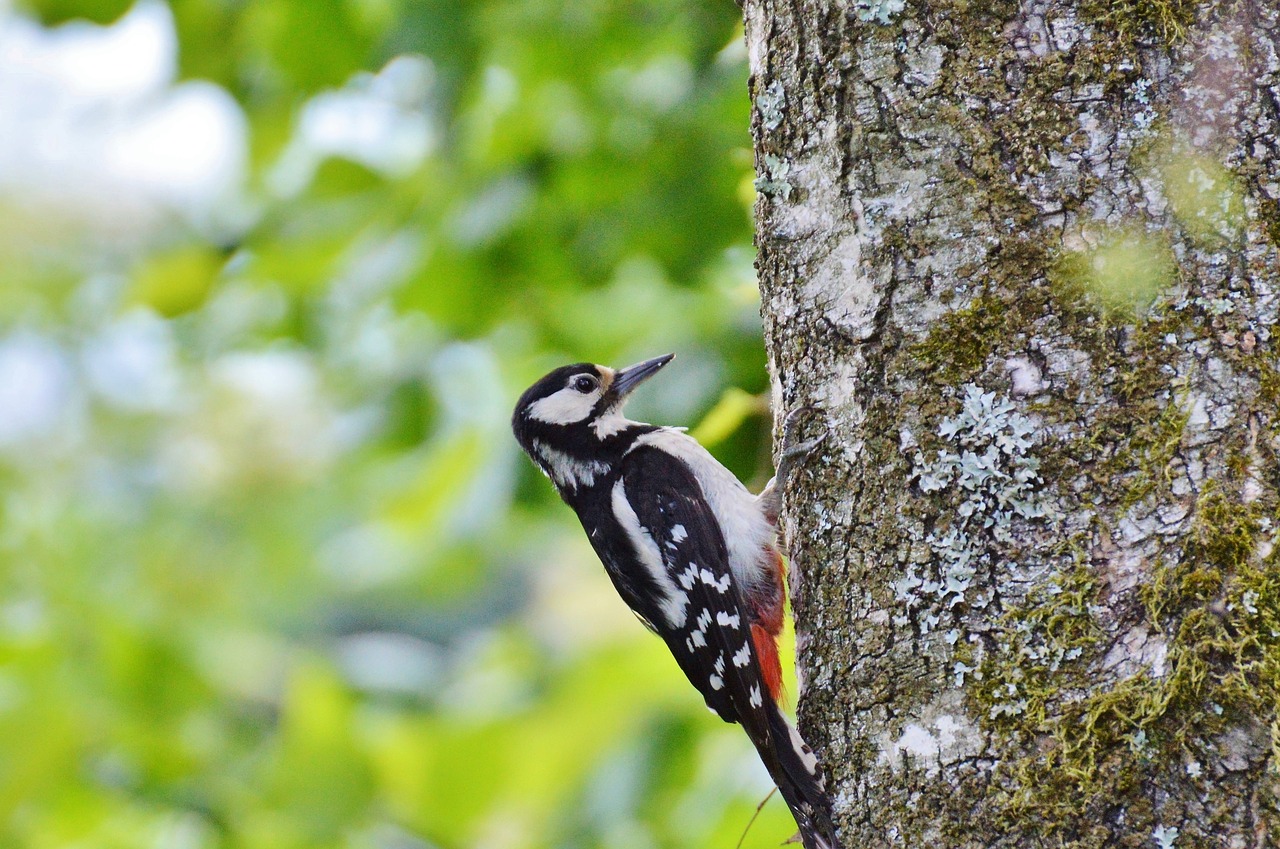Woodpeckers do get brain damage due to all the drilling they do with their beaks, a new study finds.
The bird gets its name from its famous drilling or pecking it does on hard surfaces, like wood. In 1976, there was a significant study that said that despite this habit, woodpeckers don’t show any signs of brain damage, Tech Times reports. The research has since been cited in over a hundred other works to support the conclusion that the birds do not experience any head injuries as a result of this pecking.
But researchers at Boston University have suggested that woodpeckers do indeed get brain damage. And the evidence they found is very similar to the evidence of brain damage that people with Chronic Traumatic Encephalopathy or CTE suffer.
The team gathered information by examining the brains of 10 woodpeckers of different species like the northern flicker and the yellow-bellied sapsucker, along with the brains of a control group of birds that don’t bang their heads on surfaces repeatedly.
The group found that the brains of the woodpeckers had an unusual amount of tau proteins, while the birds in the control group did not.
In humans, this accumulation of tau proteins in the brain is a huge signifier of brain damage, especially CTE, believed to be activated by concussions and repeated hits to the head.
Previously, the scientific belief was that woodpeckers have physically evolved and adapted to the drilling habit by developing stronger neck muscles and longer tongues that supposedly protect the skull from impact. But the new findings suggest that even if the woodpeckers had been around for thousands of years, it would not have been possible for them to completely adapt to brace their skills for impact.
These results may serve researchers trying to understand CTE, since studies have been trying to understand the functioning behind the brain disorder.
The study was published in PLOS ONE.
























